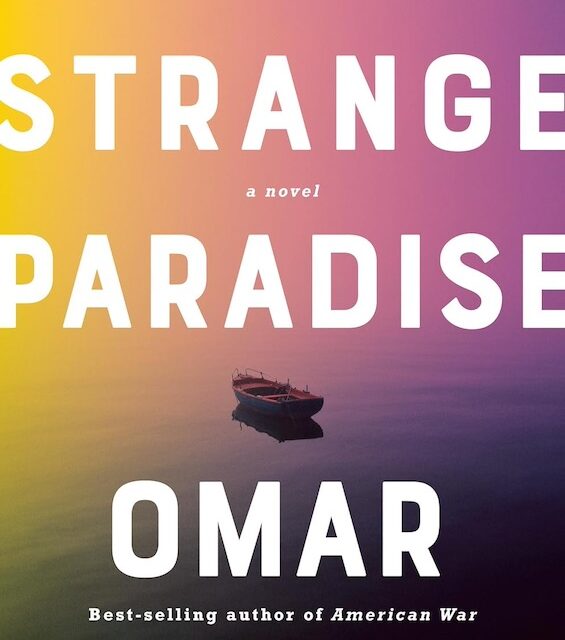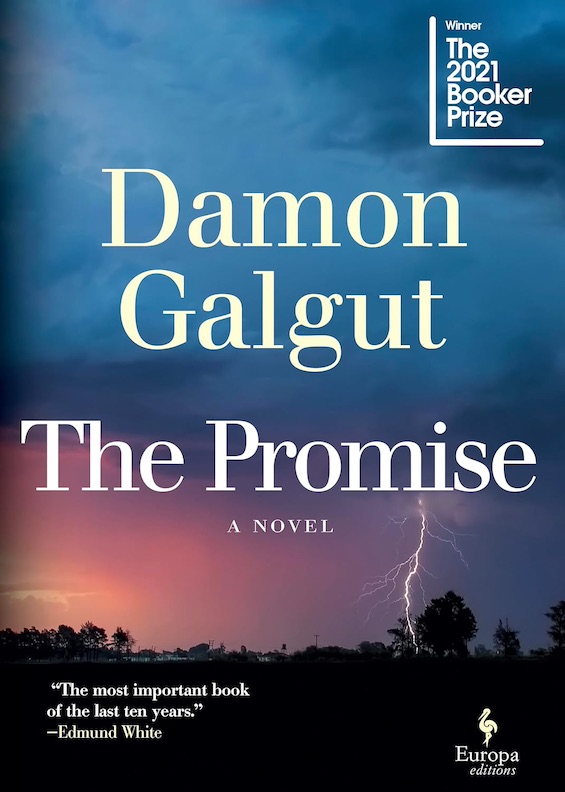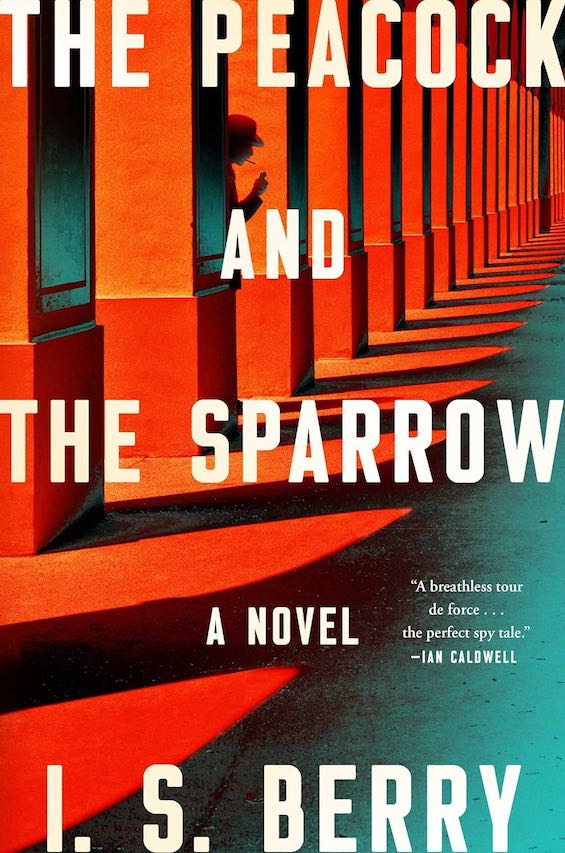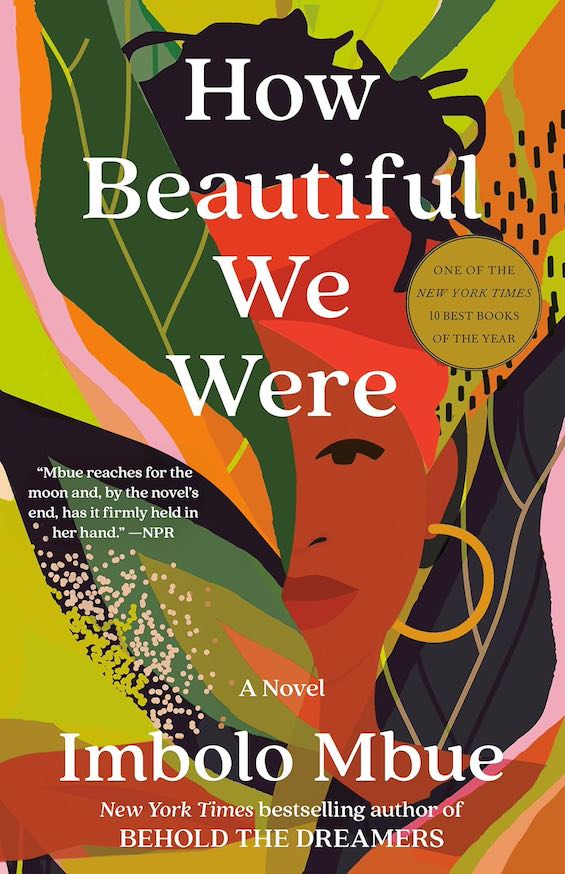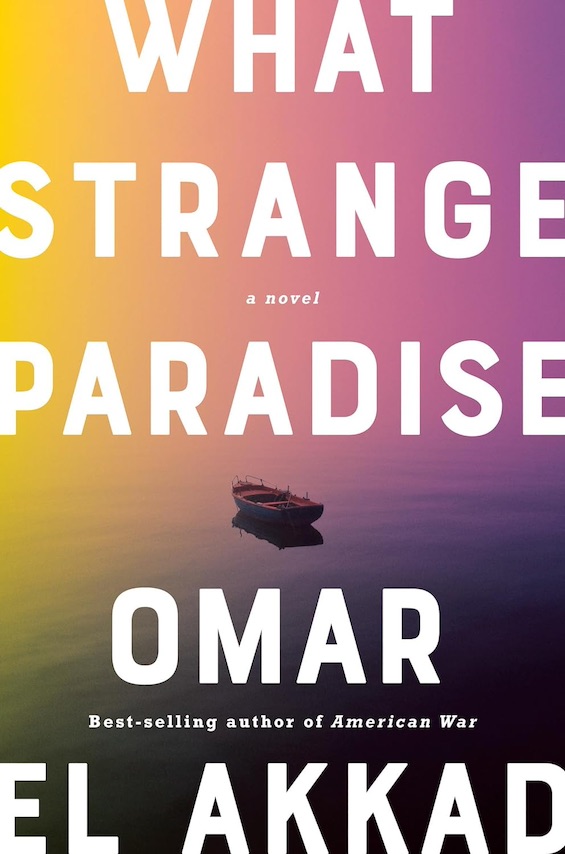
Estimated reading time: 5 minutes
Sixty thousand years ago our species began migrating out of Africa, and we’ve been on the move ever since. Today, war, climate change, criminal gangs, and rising expectations of a good life drive ever-larger numbers of people from their homelands—usually in the hot countries of the Global South—to the promised lands of Europe and North America. In the Mediterranean alone every year, more than one hundred thousand wash up on the shores of Italy, Greece, Spain, Cyprus, and Malta. Their stories, so often tragic, seem all too familiar to us. But there are depths to the refugee experience that only a novelist can reveal. And that’s what the Egyptian-American novelist Omar El Akkad has managed to do so beautifully in What Strange Paradise.
The story in brief
Nine-year-old Amir Utu and his mother, baby half-brother, and his “Quiet Uncle” Younis flee their home in a Syrian city that the government has bombed into ruins. They make their way to Alexandria in Egypt, where one night Quiet Uncle slips away to take passage to Europe on a smuggler ship. Suspicious, the boy follows him. The agent of the owner allows him to enter the ship, explaining it’s leaving for a short vacation. His uncle reluctantly pays for Amir to take a place on the top deck, while he himself goes below.
What Strange Paradise by Omar El Akkad (2021) 256 pages ★★★★★
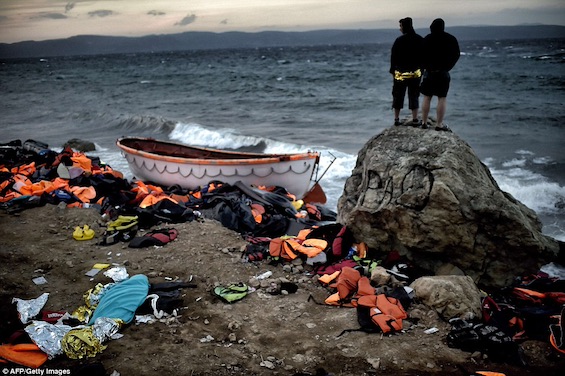
The experience, before and after the shipwreck
For two terrifying days and nights, Amir is crowded onto the deck with refugees from all over Africa and the Middle East. But the boat does not survive the ravages of the sea and storm. It breaks apart near the shore of an island in the eastern Mediterranean. Amir slowly comes to consciousness, lying on the shore amid the scattered bodies of the more than one hundred refugees who’d left on the ship. When soldiers see he is alive, the sole survivor of the journey, he flees into the nearby forest. They pursue him. But when he reaches the yard of a nearby house, a fifteen-year-old Greek girl named Vänna Hermes hides him from the troops. Later, the two secretly make their way across the island in hopes that Amir can escape to a safe place where other Syrian refugees have established a community.
El Akkad tells his tale in alternating chapters labeled simply “Before” and “After.” In the former, we learn about Amir’s journey overland from Syria to Egypt. Then we follow the terror-stricken boy as he observes the often-heartless adults surrounding him on the deck. In the latter, we accompany Amir and Vänna as they elude her unsympathetic mother and the soldiers and stealthily cross the island to what they hope will be the boy’s escape.
A legend for the ages
Along the way, El Akkad introduces us to Colonel Kethros, the commander of the soldiers. He’s a veteran of the Greek Civil War, where he lost a leg. Because of his disability, he’s been assigned to this island backwater to a job he detests. But the colonel is a perfectionist, and he pursues the children with ruthless determination. He’s a clever man, and they find it increasingly difficult to elude him.
Colonel Kethros is a complicated man. So, too, are the other characters in this brilliantly crafted story. And El Akkad’s lyrical style is compelling. He elevates his novel into a tale of our times, a legend for the ages.
About the author
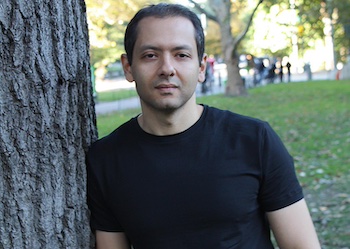
Omar El Akkad was born in 1982 in Cairo, grew up in Doha, Qatar, and moved to Canada at the age of sixteen. He graduated from Queen’s University in Kingston, Ontario with a computer science degree.
For ten years El Akkad worked as a staff reporter for The Globe and Mail. He covered the war in Afghanistan, military trials at Guantanamo Bay, and the Arab Spring in Egypt. Later he covered Black Lives Matter in the Western United States. He published his first novel, American War, in 2017. He lives with his wife and daughter in Portland, Oregon. What Strange Paradise is his second novel.
For related reading
I’ve also reviewed the author’s earlier novel, American War (A chilling tale, lucidly told, of a Second American Civil War).
For another superb novel that also involves refugees from Syria, see The Beekeeper of Aleppo by Christy Lefteri (Syrian refugees flee civil war in hopes of a better life).
For a moving nonfiction account of Central American refugees in the United States, see The Far Away Brothers: Two Young Migrants and the Making of an American Life by Lauren Markham (“Illegal immigrants” come to life in this sensitive personal account).
And check out an excellent novel that highlights the life of immigrants from another part of the world, The Bad Muslim Discount by Syed M. Masood (A Muslim odyssey, from Karachi and Baghdad to San Francisco).
I’ve also reviewed a novel about Middle Eastern refugees that most critics loved but I hated: Exit West by Mohsin Hamid (A novel about Middle Eastern refugees that ignores the challenges refugees face).
You might also be interested in Top 10 great popular novels.
And you can always find my most popular reviews, and the most recent ones, on the Home Page.

